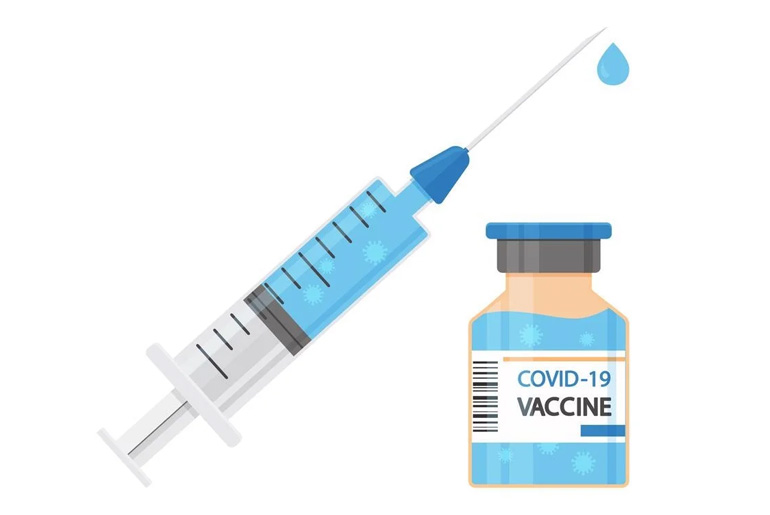Researchers at the Duke Human Vaccine Institute have made significant progress in the development of a pan-coronavirus vaccine. Their vaccine, tested successfully in mouse trials, offers protection against three different lethal coronaviruses, raising hopes for a broad-spectrum solution to coronavirus infections.
The vaccine is a single nanoparticle vaccine that incorporates components from a previous vaccine known to protect mice and primates against various strains of SARS-CoV-2, the virus responsible for COVID-19. In this study, the vaccine demonstrated efficacy against not only SARS-CoV-2 but also SARS-CoV-1, another type of SARS coronavirus with the potential to infect humans, and MERS coronavirus, which has caused severe outbreaks worldwide.
“We are making important progress toward a broadly protective coronavirus vaccine,” stated senior author Kevin O. Saunders, Ph.D., associate director of the Duke Human Vaccine Institute. “These are pathogens that cause or have the potential to cause significant human infections and loss of life, and a single vaccine that provides protection could slow down or even prevent another pandemic.”
The vaccine was designed using a nanoparticle loaded with a critical fragment known as a receptor binding domain from each of the three coronaviruses. This fragment acts as a docking site on the virus that allows it to enter human cells. By including these fragments in the vaccine, the immune system is provided with the necessary information to mount an effective defense against real coronavirus infections. Previous studies in mice and primates had already shown that an earlier version of this nanoparticle vaccine was effective against multiple SARS-CoV-2 variants. Human trials are planned for the next year to evaluate a version of the vaccine that carries immunogens targeting different SARS-CoV-2 strains, including those that have emerged since the initial COVID-19 outbreak in late 2019.
This recent research expands the scope of the vaccine to include an additional SARS-related virus and the MERS virus. In laboratory experiments and mouse trials, the vaccine generated antibodies against all three pathogenic human coronavirus types. Most importantly, the vaccinated mice did not fall ill when exposed to either SARS-like or MERS-like viruses. This breakthrough offers promise for the development of a pan-coronavirus vaccine that could provide protection against a range of deadly coronaviruses, thereby addressing a significant public health challenge.
“This study demonstrates proof-of-concept that a single vaccine that protects against both MERS and SARS viruses is an achievable goal,” Saunders stated. “Given that one MERS and two SARS viruses have infected humans in the last two decades, the development of universal coronavirus vaccines is a global health priority.”
Disclaimer:
The information contained in this article is for educational and informational purposes only and is not intended as a health advice. We would ask you to consult a qualified professional or medical expert to gain additional knowledge before you choose to consume any product or perform any exercise.







